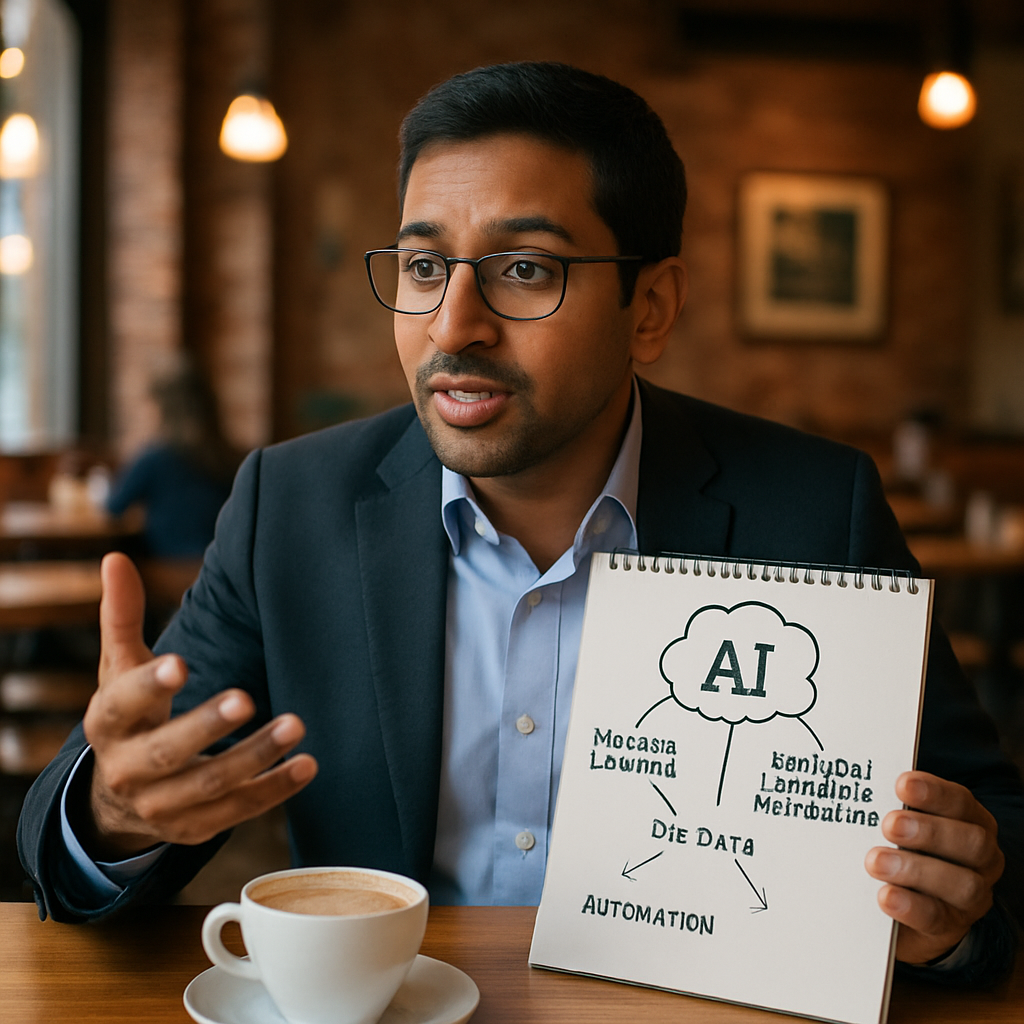Digital workers worldwide are drowning in apps. “According to research cited by various productivity studies, knowledge workers typically use 9-13 apps daily and switch between tasks over 1,000 times a day, creating cognitive fatigue.” This creates decision fatigue and kills creativity. Hours vanish on repetitive tasks with no strategic value.
“Bhindi AI recently raised $4 million in pre-seed funding, including investment from Cyber Fund, positioning the Bangalore-based startup at an estimated $28 million valuation.”
Why Digital Burnout Matters Now
“It is estimated that” for accuracy. Yet most face a hidden problem – context switching burnout. The constant jumping between Gmail, Slack, and Notion creates mental exhaustion. Workers lose focus on high-impact strategic thinking.
“Most AI tools remain limited to basic chats and prompts. I observed people wasting time switching between Gmail, Slack, and Notion, caught in endless small tasks. Bhindi offers one intelligent interface where users can delegate work to AI agents and focus on creative, strategic thinking.”
How Bhindi Solves the Productivity Crisis
Bhindi takes a different approach than competitors. Instead of adding more tools, it eliminates the need for multiple apps. “Bhindi AI’s platform employs more than 300 proprietary background agents that operate autonomously.” These work independently without constant user input.
The technology smartly matches user intentions with the right agent. Users don’t pick specific bots or tasks. Dynamic prompting and real-time agent switching handle everything automatically.
“Our new feature, Background Agents, marks a fundamental shift from reactive automation to proactive orchestration. This is delegating intent. Bhindi learns your behaviour patterns, adapts to your preferences, and becomes an extension of your cognition,” Jain explains.
Strategic Advantage for Indian Businesses
Bhindi’s traction proves market demand. Since launching months ago, the platform gained over 5,000 active users. Eighty percent come from India and the United States. The system processed 333,000 messages across 22,000 conversations. AI agents completed 52,000 autonomous executions.
Indian businesses face unique productivity challenges. Teams often juggle multiple platforms without proper integration. Bhindi’s unified interface addresses this directly. Workers can delegate routine tasks and focus on growth activities.
The platform handles diverse workflows. Crypto portfolio management integrates with CoinDCX for market insights. Developer assistance reviews GitHub pull requests and flags bugs. Fintech operations enable chat-based trading and portfolio management. Influencer outreach automates creator discovery and email campaigns.
What Business Leaders Should Know
Jain brings proven experience to this challenge. He previously co-founded Instadapp and Fluid.io. His past ventures attracted backing from Naval Ravikant, Pantera Capital, and Coinbase Ventures. Fluid.io managed over $2 billion in DeFi assets.
“I’ve spent years building in AI and decentralised finance, and realised technology wasn’t saving people time; it was fragmenting it,” Jain notes.
Bhindi’s team grew from 8 to 12 members. Three are women engineers. The company prioritizes diversity as it scales operations.
Market Impact in India
Bhindi positions itself as the interface between humans and AI. The goal shifts interaction from text-to-action to intent-to-action. This reduces operational clutter and enables strategic thinking.
“For us, it’s about killing the need for apps altogether,” Jain states. “Bhindi lets you mimic human behavior by setting up background agents—your shadow agents working for you. This shift from ‘text-to-action’ to ‘intent-to-action’ aims to redefine how humans interact with technology.”
The $4 million funding will accelerate product development and global market entry. Bhindi’s engineering and operations teams remain India-based. This gives the company access to top tech talent while serving the growing digital business market.
For Indian business leaders, Bhindi represents a fundamental shift in AI productivity tools. Instead of managing multiple AI assistants, teams can delegate complete workflows to autonomous agents. This frees leadership to focus on strategic decisions that drive real business growth.


